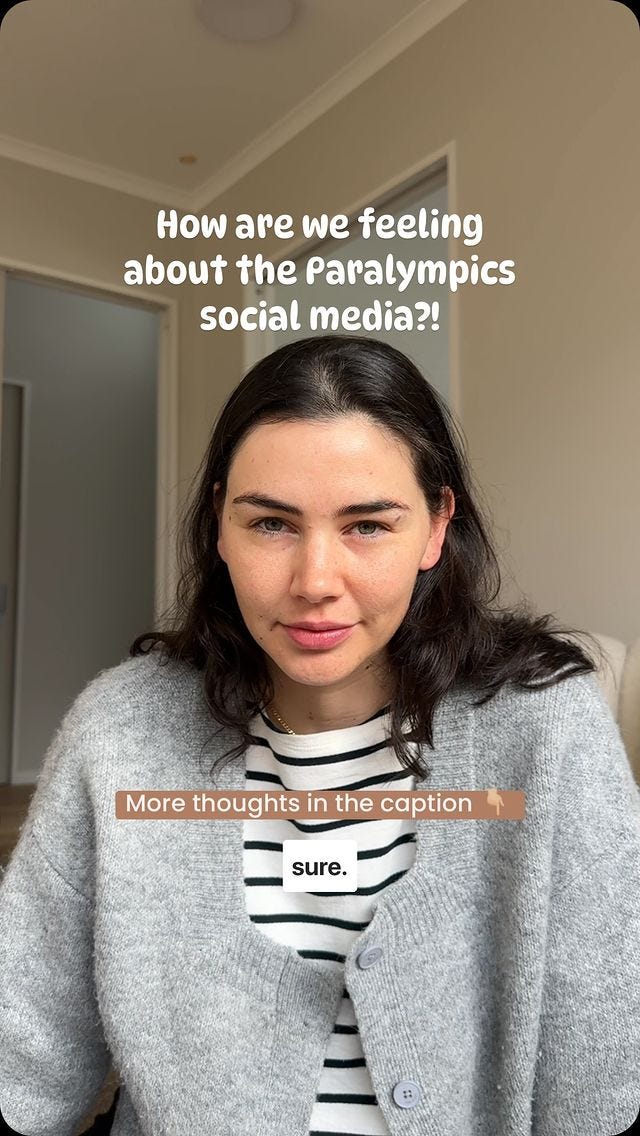Two years ago, I was sitting in a public hearing room in Newmarket in Tāmaki Makaurau listening to the horrific stories from disabled survivors of abuse in state care. While I was there reporting in my capacity as a journalist, being there as a disabled person myself hit very close to home. It was challenging listening to these stories, but it was important for me to learn the history of a community I belong to.

This week, I sat at my desk with tears in my eyes as the final report was tabled in Parliament. Like many other disabled folks, I’ve been waiting - albeit with sadness and cynicism - for the final report to be released. The stories shared throughout the inquiry were devastating and painful, but one thing I’ve learnt from the survivors is that they want the public to know what happened in the past so it can inform how disabled people are cared for in the future. My sense of cynicism comes from the question of: What next? The Crown is not obliged to implement any recommendations in the report. But by bringing these stories into the light, it puts pressure on decision-makers to put in changes so these horrors are not repeated.
“My hope is that as disabled people and whānau we can hold the Crown to account to ensure similar experiences never happen again." - Dr Tristram Ingham, who was a Royal Commission kaupapa Māori panel member, on the report.
If you want to read the full report, you can do so here. There is also a disabled survivors’ summary and Deaf survivors’ summary.
👩🦯 For any Barbie fans out there, Mattel has just announced two new disabled dolls to their collection. The new blind/low vision Barbie comes with a white and red cane and Braille on the packaging. Mattel has also introduced a Black Barbie with Down syndrome doll to the lineup. For both the new dolls, Mattel collaborated with the American Foundation for the Blind and National Down Syndrome Society.
🚕 Some of us are all too familiar with the lack of accessible transport around the motu. But needing to book a taxi days or weeks in advance and then having it cancelled the day before, is even more frustrating. Advocate Valeria Smith says the lack of mobility taxis in Wellington "severely restricts many people in the community living, as much as possible, an ordinary life". You can read the full report on The Post here (paywalled).
🏀 The Paralympics Tiktok account is back in the news again in the lead up to the 2024 Paris Games over its use of humour in relation to the disabled athletes. Wheelchair rugby athlete Dylan Lloyd told RNZ the account is “feeding into those stereotypes around disability”, while Jess Quinn said: “We put the Olympics on such a pedestal, you can hear this triumphant sound they put behind these videos, and then they're putting mockery sounds behind the Paralympics one which doesn't sound fair.” While Shane Clifton, writing for The Conversation, says: “The genius TikTok account for the Paralympics melds memes and trending audio to draw on the comedic beauty of physically disabled bodies.”
📰 Sir Robert Martin, who passed away earlier this year, was one of the key people who advocated for a Royal Commission into abuse in care and contributed as a survivor himself. This week on The Spinoff, Alexia Black has written about the “international celebrity of the disability rights movement” and the mark he made on disability communities.
If you’re not familiar with the Royal Commission, we’ve put together a disability-lens summary of what's happened throughout the Abuse in Care Inquiry and what might happen next. From what needed investigating and what we learnt, you can find out more here.

This week, a collection of voices from leaders within our communities share how they're feeling about the Royal Commission Abuse in Care Inquiry final report and their hopes for the future. You can read that here.
While Whaikaha's recent funding changes have caused widespread concern, writes Nicolina Newcombe, it's finally brought some important issues into the public discourse. In an opinion piece on The D*List, she says: “I am upset that disabled people are being talked about as if we are so uniquely horrible and stressful that our carers need taxpayer funded pedicures to survive us.”
📽️ Tickets are on sale for Whānau Mārama: New Zealand International Film Festival - and there’s even a disability category for films! Plus, if you’re a wheelchair-user, there’s the option to ✨ select your own seats online ✨ when purchasing tickets, rather than wait on a phone call to book them.
📢 The next Kōrero for Change webinar about education takes place on Wednesday 14 August. You can find out more or register here.
🚽 The Building Research Association of NZ is conducting a survey to collect experiences on how to improve public bathrooms, including information about accessible toilets. You can fill in the survey here, it closes on Friday 16 August
🚴 In last week’s newsletter, we asked you to share your thoughts on the Paralympics Tiktok account. While some of you said you love the humour, others found the tone of the videos questionable… Jess Quinn has also shared her own thoughts about it on Instagram, you can check our her Reel below ⬇️
🙌 And finally to wrap up, we wanted to give a quick shout out and big thank you to D*List Delivered reader Krystle who let us know that Apple Podcasts automatically generates transcripts for episodes. After having a quick look myself, the auto-generated transcripts are not 100% accurate, but it’s a great accessibility hack! You can read the transcripts via the app or find out more info here.
Take care and have a wonderful weekend 🫶
- Olivia Shivas, Editor








